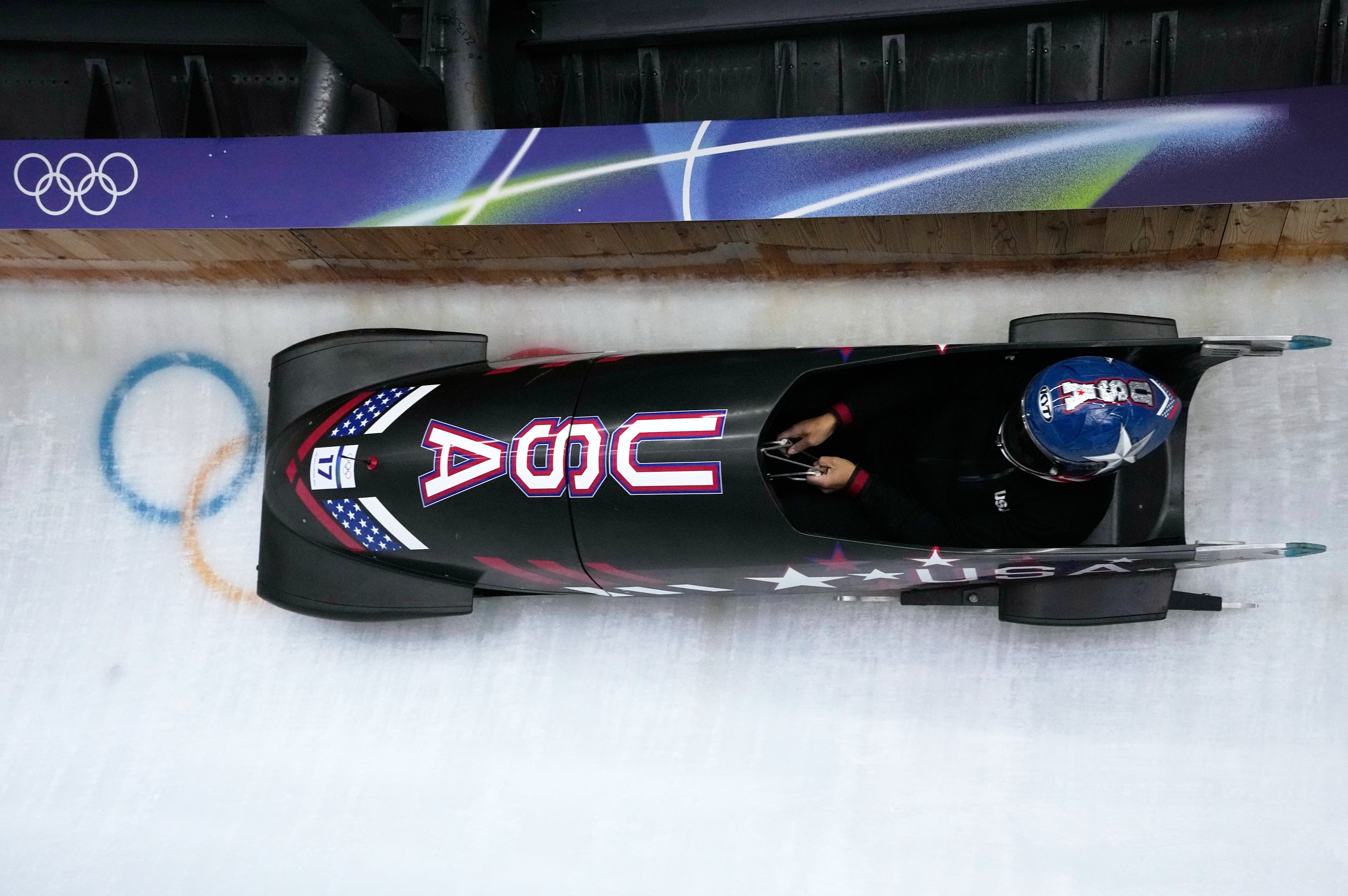Mongolian trainer finds success in U.S.
A month after Mongolian Saturday won the $1 million Breeders’ Cup Turf Sprint in October, his trainer, Ganbat Enebish, reflected on a conversation he had five years earlier, before leaving Mongolia for the United States in 2010.
Enebish recalled that in that talk, he had been told that he was foolish to think he could win races in the West. How could Enebish, who had trained horses to race 20 miles across the Mongolian steppes, understand how to condition a faster, more athletic horse to spin around an oval racetrack?
“Mongolian racing is 100 years behind,” Enebish was told. “How will you catch up?”
Enebish’s response was simple: “A horse is a horse.”
The Breeders’ Cup had never seen anything quite like Mongolian Saturday and his entourage. Ganbaatar Dagvadorj, the 5-year-old gelding’s owner, and his older brother Tserenjigmed — two of the wealthiest businessmen in Mongolia — arrived at Lexington’s Keeneland Racecourse with their family and friends wearing colorful, traditional dress. They offered a striking scene, and then Mongolian Saturday held on by a nose to win the Turf Sprint.
Now, Enebish and his boss are not curbing their ambitions.
“We came to win big races here: Breeders’ Cup, Kentucky Derby, Triple Crown,” Enebish said. “We started with Breeders’ Cup. Now we need to win Kentucky Derby.”
Enebish met Dagvadorj in 1999. Both owned and trained horses, and they began hunting together near Ulan Bator, the Mongolian capital.
Given the endurance required for the long distance, horses rarely run more than three times a year, Enebish said. Horse owners compete for prestige and pride, but little else. Enebish said he once won a race commemorating the 80th anniversary of Mongolia’s founding. His horse beat 720 rivals, and Enebish won a Russian-made car.
Dagvadorj and his brother founded the Max Group conglomerate, which owns hotels, supermarket chains and furniture stores, as well as mining, oil and construction interests. They began to build their fortune by trading skins and furs in the 1980s.
It was Enebish who persuaded his friend to race outside Mongolia. His fact-finding mission took him to Australia, England, France, Ireland and Japan. Dagvadorj bought two horses in France, but they were unsuccessful. Enebish then visited the United States and decided that it was the best place for their stable.
They began their Mongolian Stable with four horses and now have 10. Since 2010, Dagvadorj has bought 11 yearlings for a total of $575,000 at Keeneland’s annual two-week September sale. He paid $60,000 for Mongolian Saturday in 2011.
Mongolian Saturday, a son of Any Given Saturday, is far and away the stable star. He has contributed $960,926 to Mongolian Stable’s earnings of $1,349,278 from 226 starts. Enebish expects the same hardiness of him as he does of his Mongolian ponies. He still keeps 200 horses in his homeland.
Mongolian Saturday began racing halfway through his 3-year-old season, at Arlington Park outside Chicago, where Enebish decided to take a chance.
He entered him in a claiming race, where any owner could buy Mongolian Saturday on that afternoon for $25,000. He was not worried he would lose him, however. He shrewdly capitalized on his stable’s obscurity.
“Everybody thinks these were some stupid people who came to race in America,” he said with a big laugh. “Nobody paid attention to us.”


